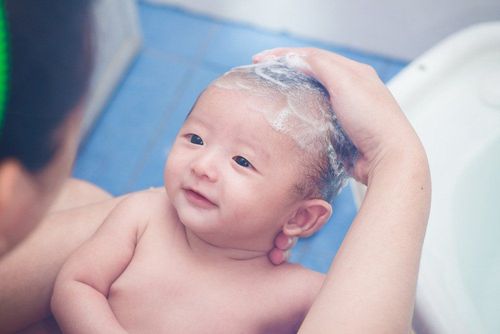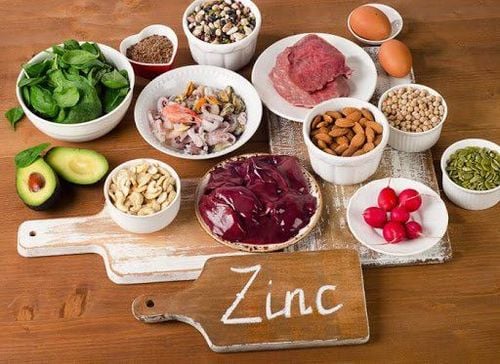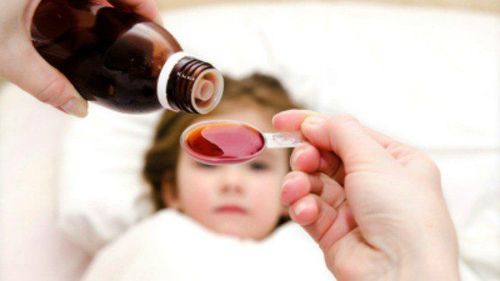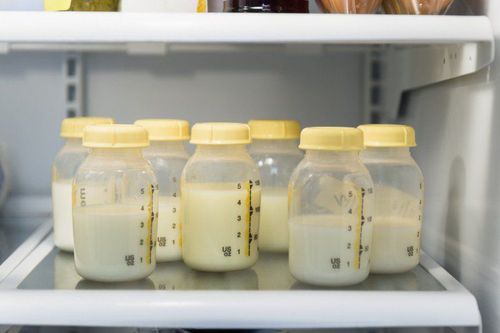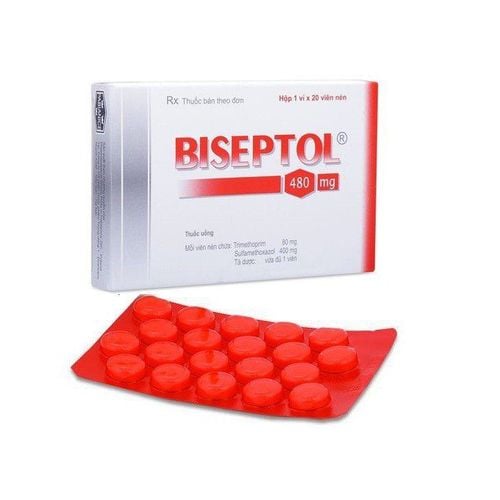This article has been medically reviewed by Assoc. Prof. Dr. Loan Thoai huynh – Head of Pediatrics and Neonatology at Vinmec Central Park International Hospital. She is one of the leading experts in Pediatrics and Neonatology in Ho Chi Minh City, with nearly 30 years of experience in diagnosing and treating pediatric endocrine diseases, pediatric nephrology, and other neonatal and pediatric conditions.
Antibiotics are commonly used to treat bacterial infections. However, their use can cause unwanted side effects. One of the most common side effects of antibiotics is diarrhea (accounting for 20% of cases where antibiotics are used). Below are the causes and ways to manage the condition of children experiencing diarrhea while taking antibiotics.
1. Diarrhea from Antibiotic Use - A Common Phenomenon
On average, 1 in 5 children taking antibiotics experiences diarrhea (a rate of 20%). Diarrhea is quite common in children under 2 years old and can occur with the use of any antibiotic. However, for most children, antibiotic-associated diarrhea is usually mild and does not cause serious complications if treated promptly.
Regarding the causes of diarrhea while taking antibiotics, the intestines naturally contain bacterial strains, including both beneficial and harmful bacteria. When the beneficial bacteria thrive and remain balanced, they ensure digestive functions, nutrient absorption, toxin elimination, and suppression of harmful bacterial growth in the intestines.
Antibiotics are substances that inhibit the growth or kill bacteria. When strong antibiotics—effective against various bacteria—are used in high doses or for extended periods, some beneficial bacterial strains are also destroyed. Meanwhile, harmful bacteria are less affected as many of them have strong antibiotic resistance. As a result, the balance between the two groups of beneficial and harmful bacteria is disrupted. The harmful bacteria rapidly multiply in the digestive tract, releasing toxins that damage the intestinal lining, triggering inflammation, swelling, and internal bleeding, which leads to antibiotic-associated diarrhea.
In particular, young children, whose digestive systems are still immature, are more susceptible to diarrhea as a side effect of antibiotic use.
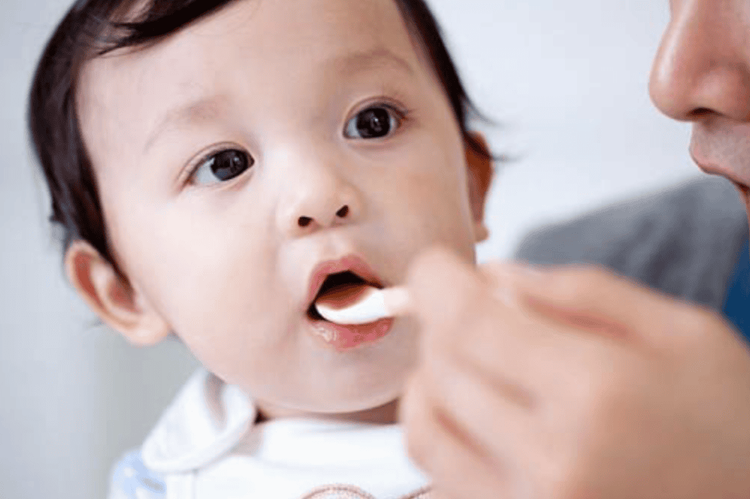
Most cases of antibiotic-associated diarrhea are mild and resolve on their own after stopping the antibiotics. However, in some severe cases, it can lead to inflammatory damage and swelling in the colon (pseudomembranous colitis).
2. Causes of Antibiotic-Associated Diarrhea
Antibiotic-associated diarrhea occurs when antibiotics disrupt the balance of gut bacteria. Clostridium difficile is the main bacterium responsible for severe cases of pseudomembranous colitis. This condition is commonly observed in patients in intensive care units, where antibiotic-resistant bacteria are prevalent, and high doses of antibiotics are used for prolonged periods.
Some antibiotics that can cause diarrhea or pseudomembranous colitis include: Clindamycin, Erythromycin, Penicillin, Cephalosporins (e.g., cefuroxime, cefixime, cefpodoxime), Quinolones (e.g., ciprofloxacin, levofloxacin), tetracyclines (e.g., doxycycline, minocycline).
Diarrhea can occur with antibiotics administered either orally or intravenously
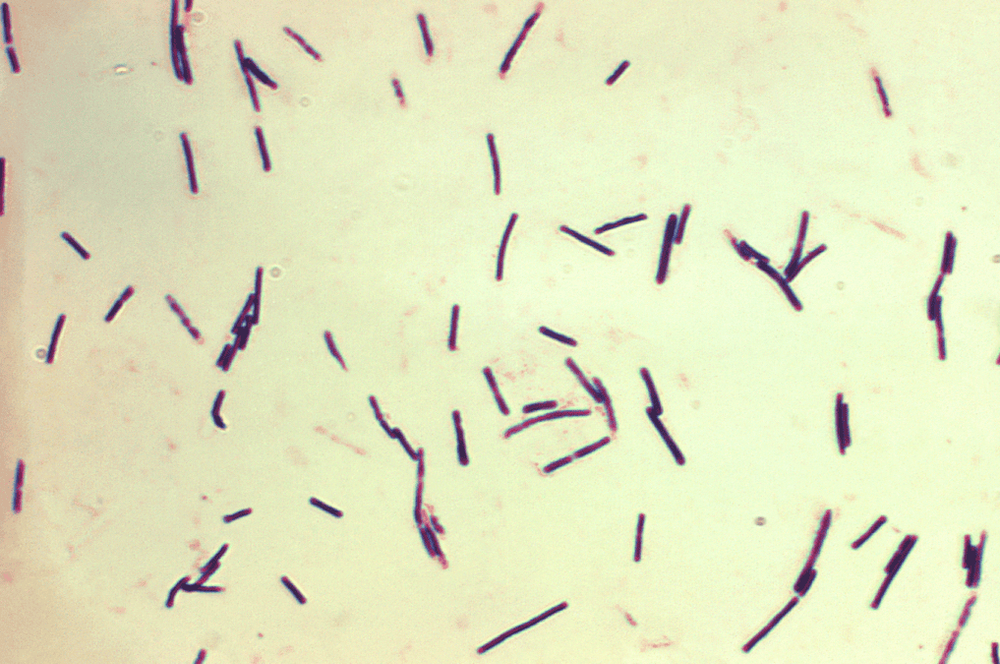
3. Symptoms of Diarrhea in Children Due to Antibiotic Use
About 2 to 9 days after taking antibiotics, the child may have bloating, stomach pain, or a slightly swollen belly.
The child may have frequent diarrhea, up to 15-20 times a day.
The stool may be loose, mucousy, or appear green or yellow, sometimes frothy or containing undigested food. It may also have blood or mucus in it.
The child may have to strain or push hard to pass stools.
The skin around the child's bottom may get red or irritated because of the acidic stool.
If harmful bacteria grow too quickly, the child may experience more severe symptoms like a high fever, nausea, vomiting, strong stomach pain, and diarrhea with blood and pus
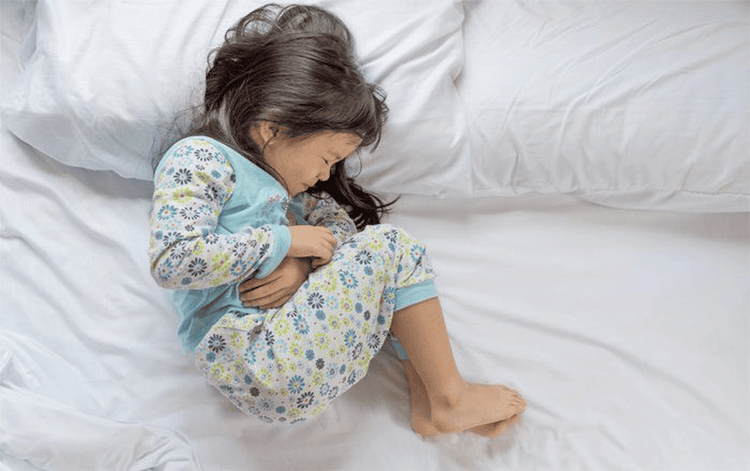
In the case of mild diarrhea, the symptoms typically resolve within a few days to two weeks after stopping the antibiotic. However, if the diarrhea persists, it can lead to several serious complications, such as: Malabsorption and metabolic disorders, Dehydration and electrolyte imbalances, Rapid weight loss and potential malnutrition: Prolonged diarrhea can result in significant weight loss and may cause the child to become malnourished.
In severe cases, diarrhea can lead to ulceration and perforation of the intestines, which can be life-threatening. Additionally, prolonged diarrhea may cause toxic megacolon, a condition where the colon becomes severely dilated due to inflammation and toxin buildup. This can lead to the absorption of toxins into the bloodstream, causing systemic toxicity, fever, severe abdominal pain, and even colon rupture.
4. What to do if a child experiences diarrhea while taking antibiotics?
For mild diarrhea, symptoms usually resolve within a few days to two weeks after completing the antibiotic course.
For severe diarrhea, it is crucial to stop the antibiotic causing the diarrhea immediately. Rehydration and electrolyte balance are essential. Oral rehydration solutions (ORS) or hydrite tablets can be used to replace lost fluids. Parents should follow the instructions carefully when mixing the ORS: dissolve one packet or tablet in the recommended amount of boiled and cooled water. Do not divide the packet or tablet. If the solution is not consumed within 24 hours, discard it. Continue rehydration until the child has formed stools and the frequency of diarrhea is under 3 times a day. Additionally, stool and blood cultures should be performed to identify the bacterial strain causing the infection. In cases of pseudomembranous colitis, antibiotics like metronidazole or vancomycin are commonly used.
For severe dysbiosis or if antibiotics cannot be stopped, support treatment with probiotics and prebiotics as prescribed by the doctor to help restore the gut flora balance. If no improvement is seen with probiotics, consult the doctor to possibly switch to another antibiotic.
Avoid using digestive enzymes in cases of diarrhea caused by antibiotics.
Modify the diet to help reduce diarrhea symptoms: Offer small, frequent meals throughout the day, and serve soft, easy-to-digest foods (such as yogurt, potatoes, rice, and bananas). Avoid high-fiber foods and strong fermented foods. Ensure the child gets enough nutrition and hydration, and avoid carbonated drinks, citrus juices, or sodas, as they may worsen symptoms.
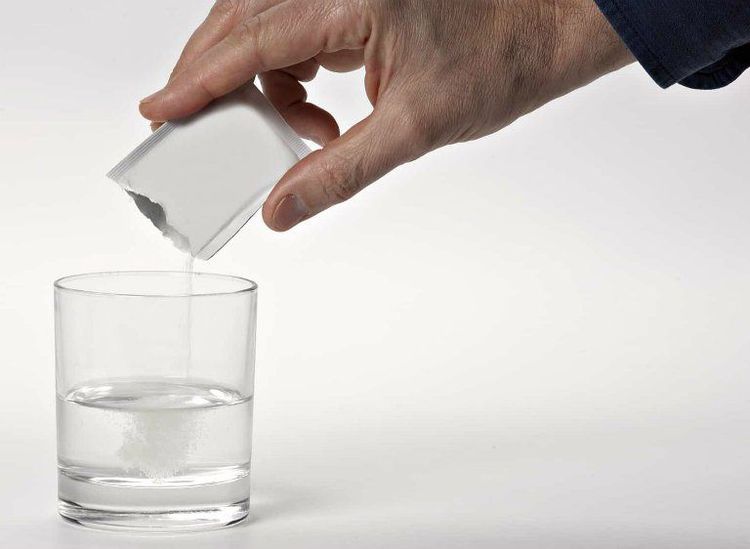
5. Care Tips for Children with Diarrhea Due to Antibiotics
Follow the doctor's treatment plan: Parents should give the child the prescribed medication as directed and should not self-medicate with antibiotics at home.
Use medications correctly: Do not increase the dosage, do not combine missed doses, and do not extend the duration of treatment beyond the prescribed time.
Avoid anti-diarrheal medications: These medications can hinder the body’s ability to detoxify, leading to serious complications.
Avoid using the same antibiotics that caused diarrhea: If the child experiences diarrhea from a particular antibiotic, parents should inform the doctor so an alternative antibiotic can be prescribed in future treatments.
Ensure proper hydration: Make sure the child drinks enough fluids. Avoid carbonated drinks and foods that can cause bloating, like beans, and reduce spicy foods. Continue breastfeeding or giving formula as usual to avoid malnutrition.
Treat diaper rash: Gently clean the child’s anus area with clean water, dry it, and apply a layer of vaseline or zinc-containing creams such as Penaten or Zincofax to soothe diaper rash.
Use probiotics: After completing the antibiotic course, probiotics may be used as prescribed by the doctor to help restore the balance of gut bacteria.
If the child experiences severe, persistent diarrhea, abdominal pain, bloody stools, high fever, weakness, inability to drink water, or signs of dehydration (e.g., less urination, dry mouth, sunken eyes), seek immediate medical attention. Doctors may change the antibiotic or administer IV fluids if necessary.
To prevent diarrhea from antibiotics, parents should focus on providing a balanced diet that boosts the child's immune system. Supplementing with foods containing lysine, essential trace minerals, and vitamins such as zinc, chromium, selenium, and B vitamins can support immune health and reduce the risk of infections and digestive issues
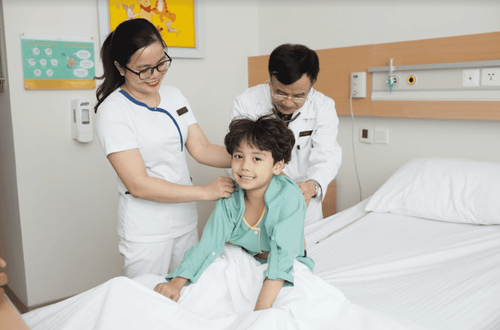
To arrange an appointment, please call … or make your reservation directly HERE. You may also download the MyVinmec app to schedule appointments faster and manage your reservations more conveniently.




